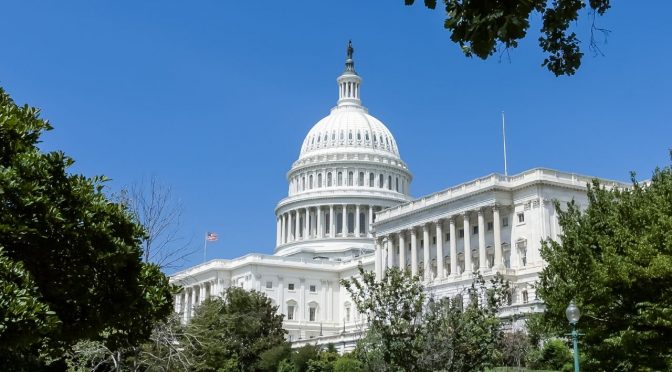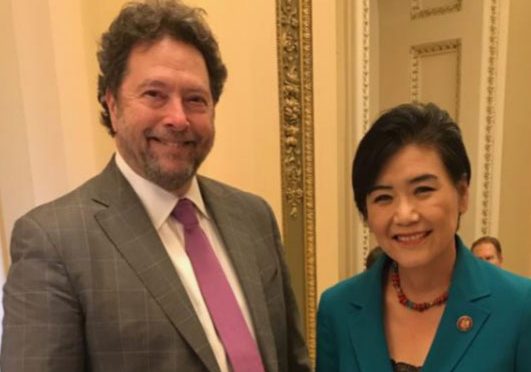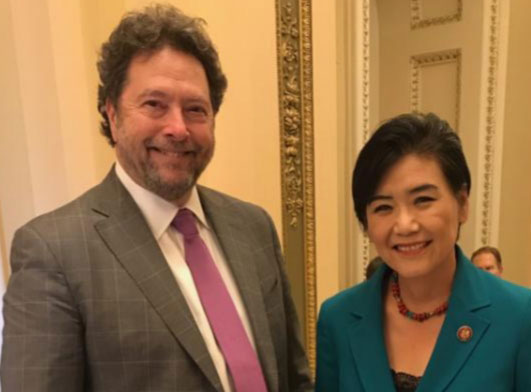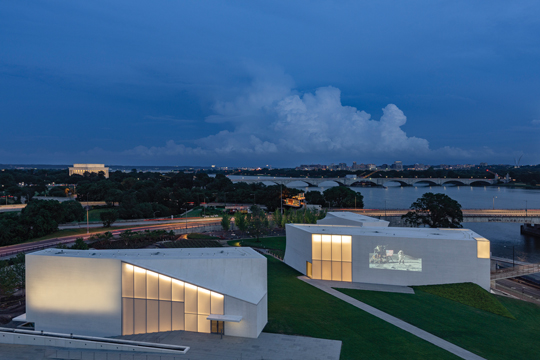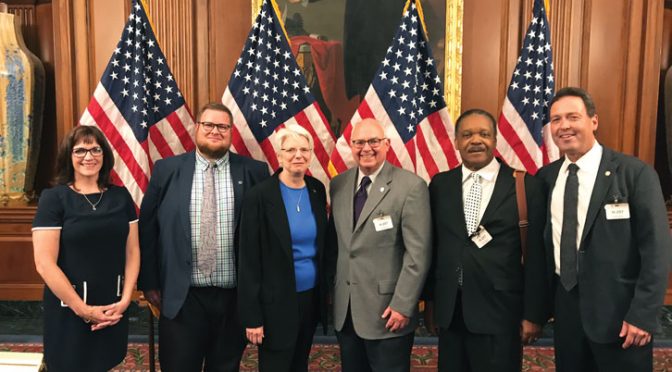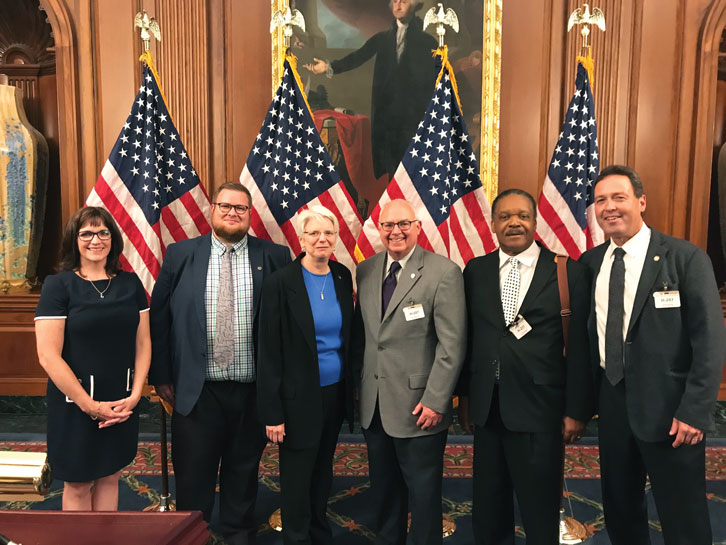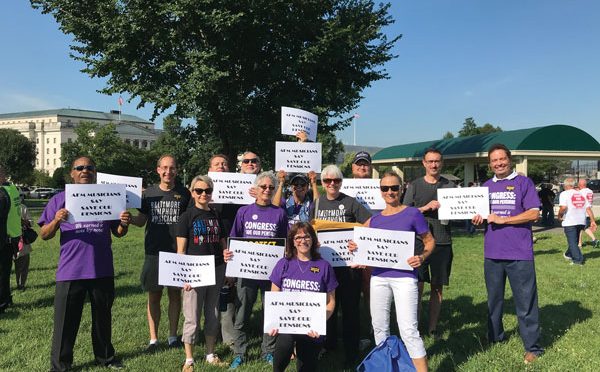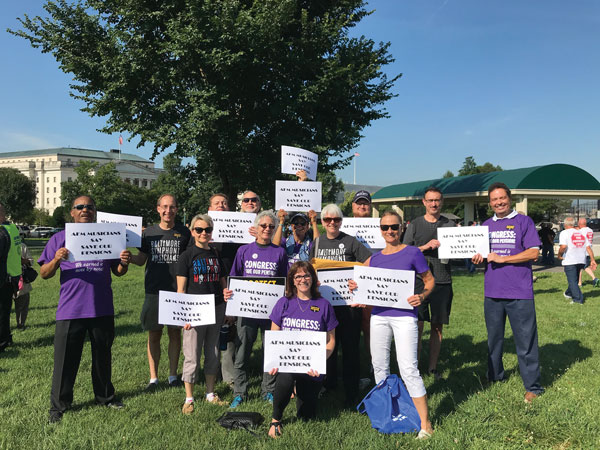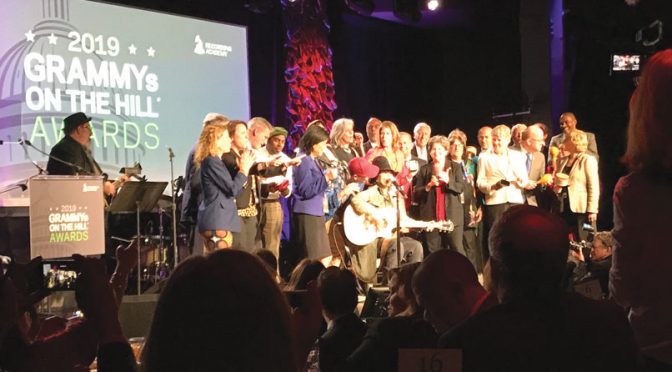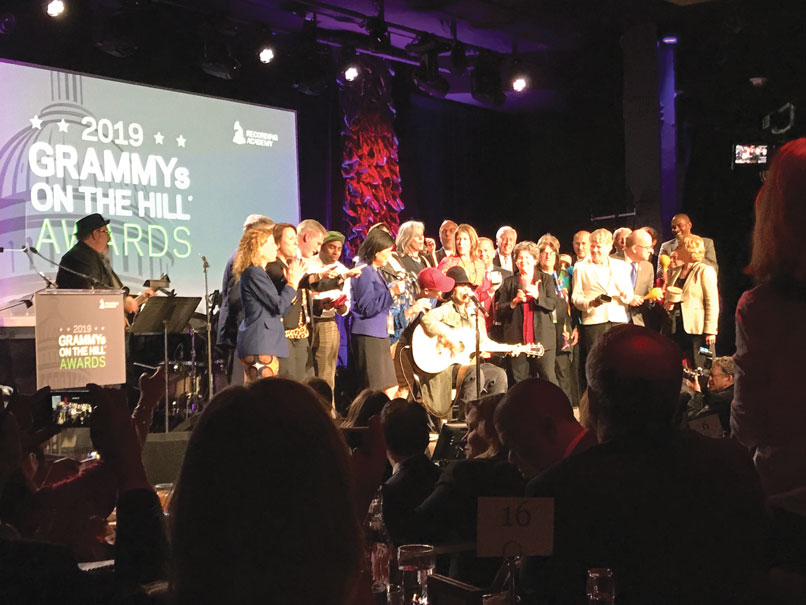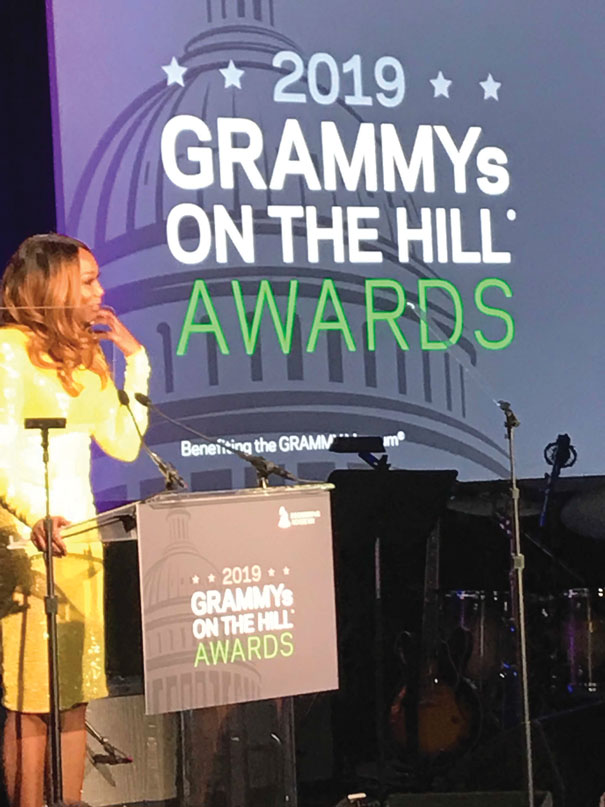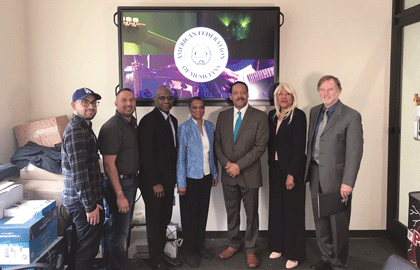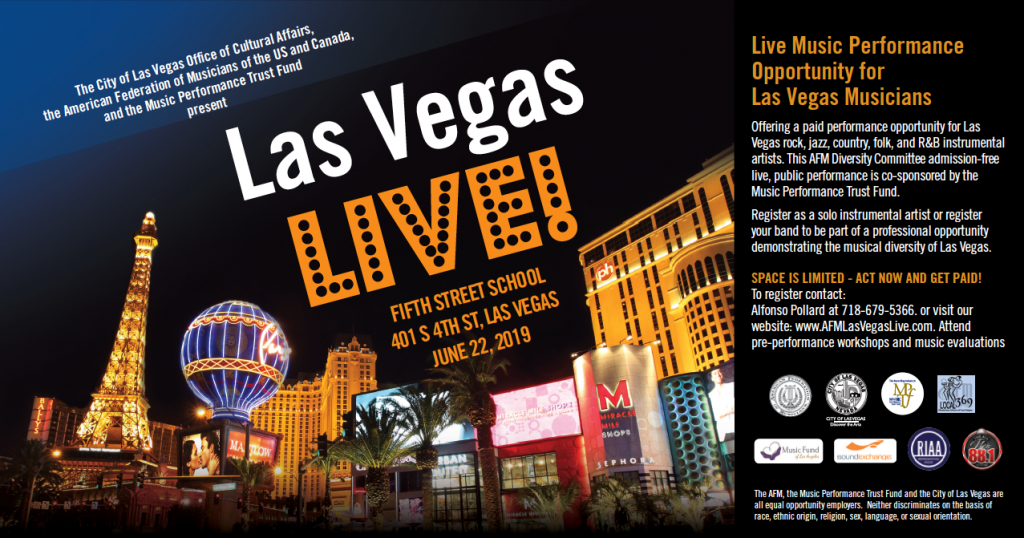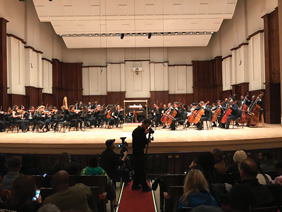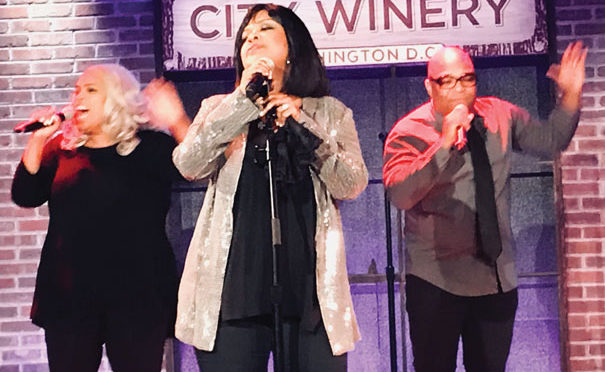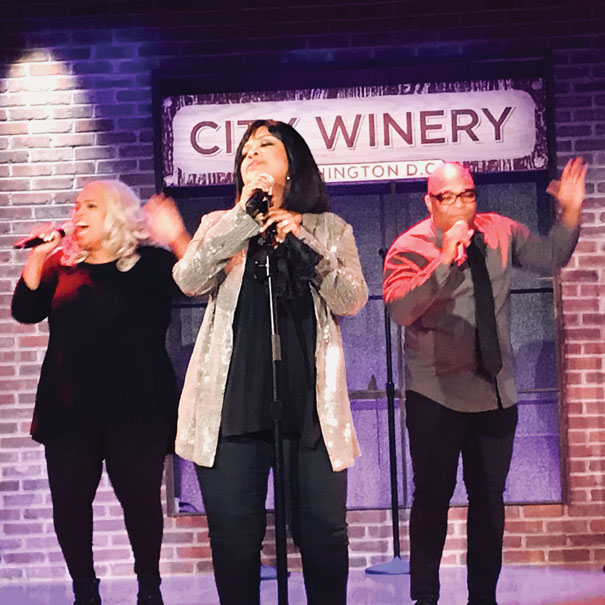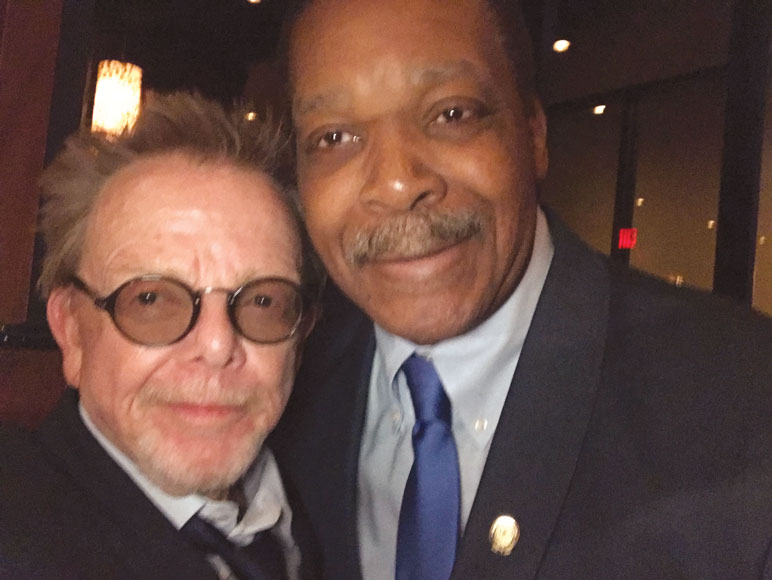As noted in the May issue of the International Musician, our strength is multiplied by the fact that the AFM is a member of a number of industry and labor-related coalitions working together to help advocate our cause to a wide variety of people and institutions. As I noted in last month’s IM, going forward I want to keep you updated on the progress of the AFM’s most important issues circulating on Capitol Hill.
COVID-19-RELATED ISSUES
The CARES and HEROES Acts
On Friday May 15, the House of Representatives passed HR 6800 the HEROES Act of 2020, the fourth piece of COVID-19 legislation designed to 1) make corrections to the CARES Act of 2020, 2) provide much-needed additional funding to state and local governments, 3) provide a second round of stimulus payments, 4) provide 100% COBRA premium payments protecting Americans losing their employer-provided health insurance with COBRA subsidies to maintain their coverage, and 5) provide additional funding for COVID-19 frontline workers, to name a few provisions. As relates to the AFM, the bill also contains vital pension reform language along with an additional $10 million for the National Endowment for the Arts.
The AFM Legislative Office has heard from members and local officers who are navigating the challenging Pandemic Unemployment Assistance (PUA) process. These musicians seek assistance from us to advocate for updating state unemployment insurance (UI) programs that are not fully prepared to recognize W-2 and 1099 divergent income streams that would take into account differences between wage earning contracted employees and self-employed, independent contractors and musicians operating as sole proprietors for benefit purposes. With the deluge of millions of Americans seeking assistance, many of these state systems are overwhelmed and in dire need of federal assistance to update their processing equipment. The HEROES Act accomplishes many of these things.
We continue to work with the AFL-CIO Department for Professional Employees to include HR 3121, the Performing Artist Tax Parity Act of 2019, into the CARES Act. This would restore above-the-line qualified tax deductions lost in the Tax Cuts and Jobs Act of 2019.
We are working with the AFL-CIO Legislative Committee to help include language from HR 6514, the Worker Health Coverage Protection Act, that would expand COBRA coverage and provide a 100% payment to beneficiaries.

President Hair has signed the AFM onto an AFL-CIO letter that would protect a worker’s right to sue his employer for violations of COVID-related health and safety issues on the job. This could apply to any musician who is injured on the job where the employer can be proven negligent. Conservative lawmakers and the White House are insisting that this indemnification language be placed in the next CARES package. We oppose inclusion of this loophole for what could be some potentially reckless employers.
Finally, we are working to include additional financial relief specifically for the entertainment industry, which has lost more than $4 billion since the categorical, across-the-board shutdown of performances, concert halls, festivals, and television and film recording sessions earlier this year. We are also seeking inclusion of 501(c)(5) unions in the “Small Business” provision of the bill so that unions can also apply for COVID relief.
NON-COVID ISSUES
House Congressional Arts Caucus Chair Chellie Pingree
In an April 30 Zoom call with Representative Chellie Pingree (D-MN), co-chair of the House Arts Caucus, arts and entertainment unions outlined our legislative priorities, taking advantage of our firsthand relationship with one of the most influential members of Congress. In addition to a range of entertainment union affiliate concerns, AFM Secretary-Treasurer Jay Blumenthal informed Congresswoman Pingree of the need for Congress to advocate a broad range of issues for entertainment unions and specifically AFM members—as outlined above—with the bulk of those issues related to making corrections for creative professionals in the next CARES Act.
Immigration
The issue surrounding P1 and P2 visas remains on our blotter as we dodge the effects of recent presidential executive orders designed to close US borders and keep certain immigrant workers from entering the United States. Our work with the Performing Arts Visa Working Group is spearheaded for the AFM by Liana White, executive director of the Canadian Federation of Musicians-AFM, and George Fiddler in the AFM Immigration Office.
The AM-FM Act (Ask Musicians For Music)
HR 5219, the AM-FM Act, offered by Judiciary Chair Jerrold Nadler (D-NY) is our lead copyright bill designed to provide a performance right to recording artists whose creative product is used on AM/FM radio without compensation. The bill requires broadcasters to get permission from artists before their music is played over terrestrial (over the air) radio stations. With deference to small broadcast stations whose budgets do not compete with larger stations, the bill contains a small broadcaster provision establishing smaller fees for smaller stations.


